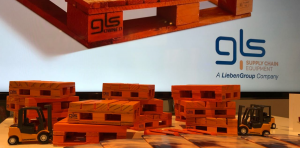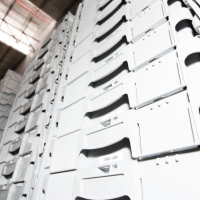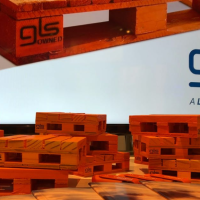Control Ratio

Control Ratio
Control, the art of pallet pooling.
John Stuart, owner of the Melbourne based consultancy firm Pallet Loss Prevention Pty Ltd, fittingly summarizes the problem related to pallet pool management in the Australian market that can be easily applied everywhere:
“Pallets are like a black art. People don’t understand how easy it is to lose pallets. When you lose pallets, someone keeps on paying and paying in the hope they will get them back, and they don’t”
Whoever assumes the financial risk for pallet loss, pooler or customer, as this will vary from market to market, choosing an US$ 18.00 wood asset over a US$ 45.00 plastic one, for example, in light of the above is not a difficult one for any Financial Director.
But as we have seen in the Japan Pallet Rental (JPR) article, The Holy Grail of Plastic Pallet Pooling, it is possible to get an almost zero loss rate across tens of millions of pallet movements, suggesting that creating the right control environment material choice is irrelevant. The decision for either, wood or plastic, would be motivated by the degree of operational complexity you want for your business.
Whilst the demand for plastic pallets in Japan was primarily customer driven. JPR in addressing that need may have inadvertently reduced a significant portion of the direct cost structure normally related to supporting a wooden pallet pool. Something that Svenska in Sweden and NLP in Norway may also be benefiting from, combining the operational wash processes of their plastic pallets and RPC’s under the same roof.
This would be a topic for a later article.
Recent Posts
Are your pallet rental costs burning a hole in your pocket?
By Gavin Keen New pallets & rental pallets in the last 24 months have all increased significantly due to the
Unlock Significant Benefits With The GLS Attached Lid Container Range
By Gavin Keen The GLS Attached Lid Containers (ALCs) or Tote bins feature an integral hinged lid and provide
Rent or Buy?
To Rent or Buy? GLS within the context of the South Africa market is unique in that we are positioned
Control Ratio
Pallets are like a black art. People don’t understand how easy it is to lose pallets.

Are your pallet rental costs burning a hole in your pocket?
By Gavin Keen New pallets & rental pallets in the last 24 months have all increased significantly due to the

Unlock Significant Benefits With The GLS Attached Lid Container Range
By Gavin Keen The GLS Attached Lid Containers (ALCs) or Tote bins feature an integral hinged lid and provide

Rent or Buy?
To Rent or Buy? GLS within the context of the South Africa market is unique in that we are positioned







